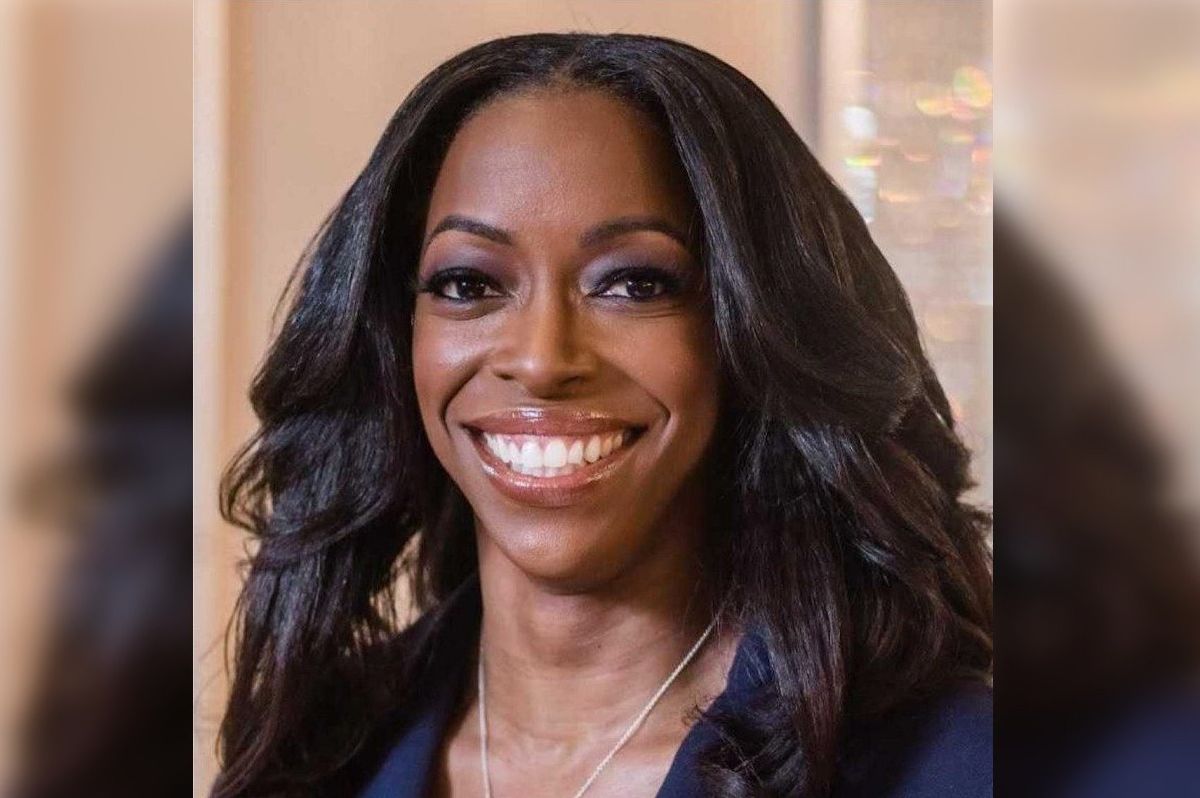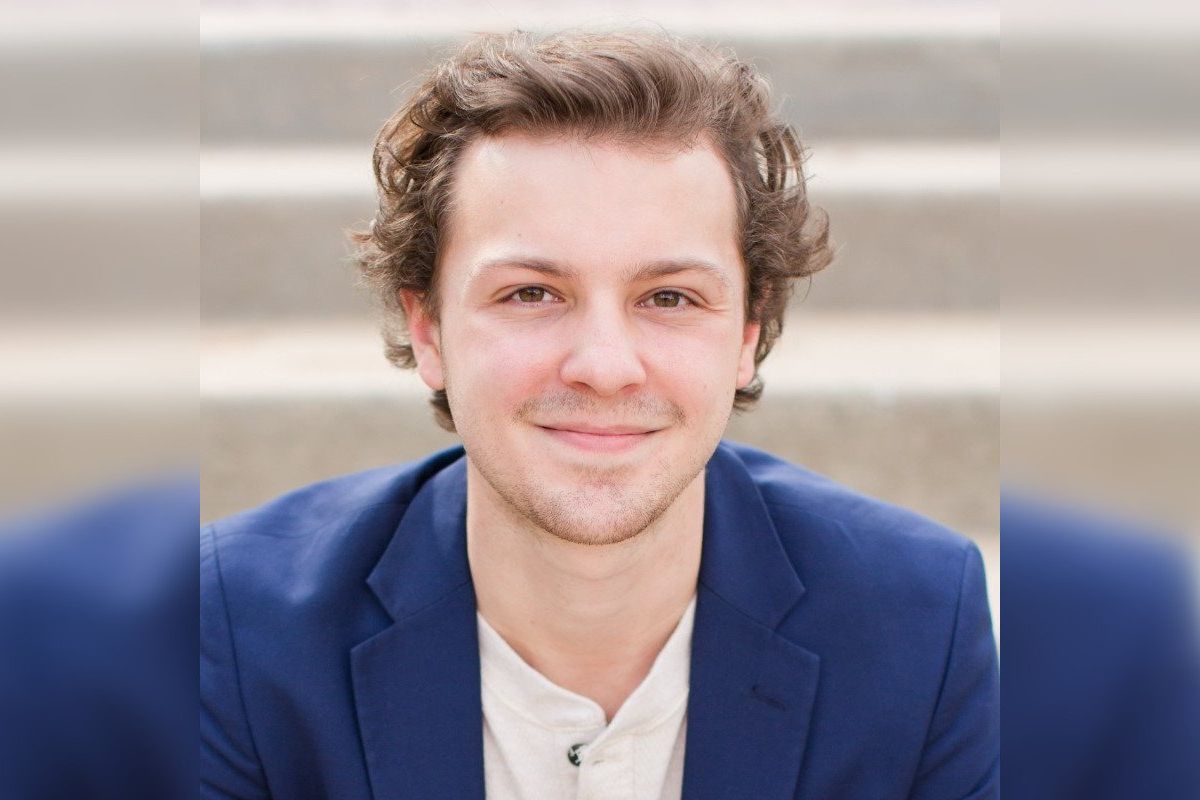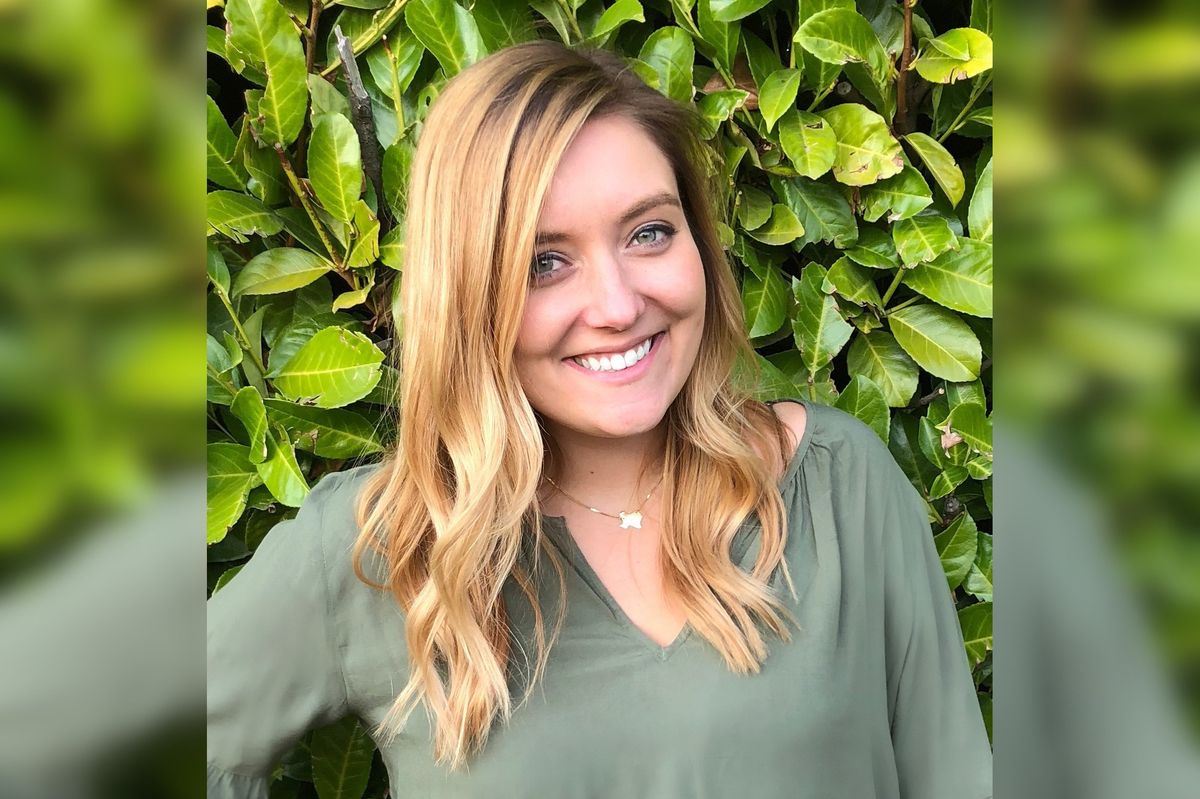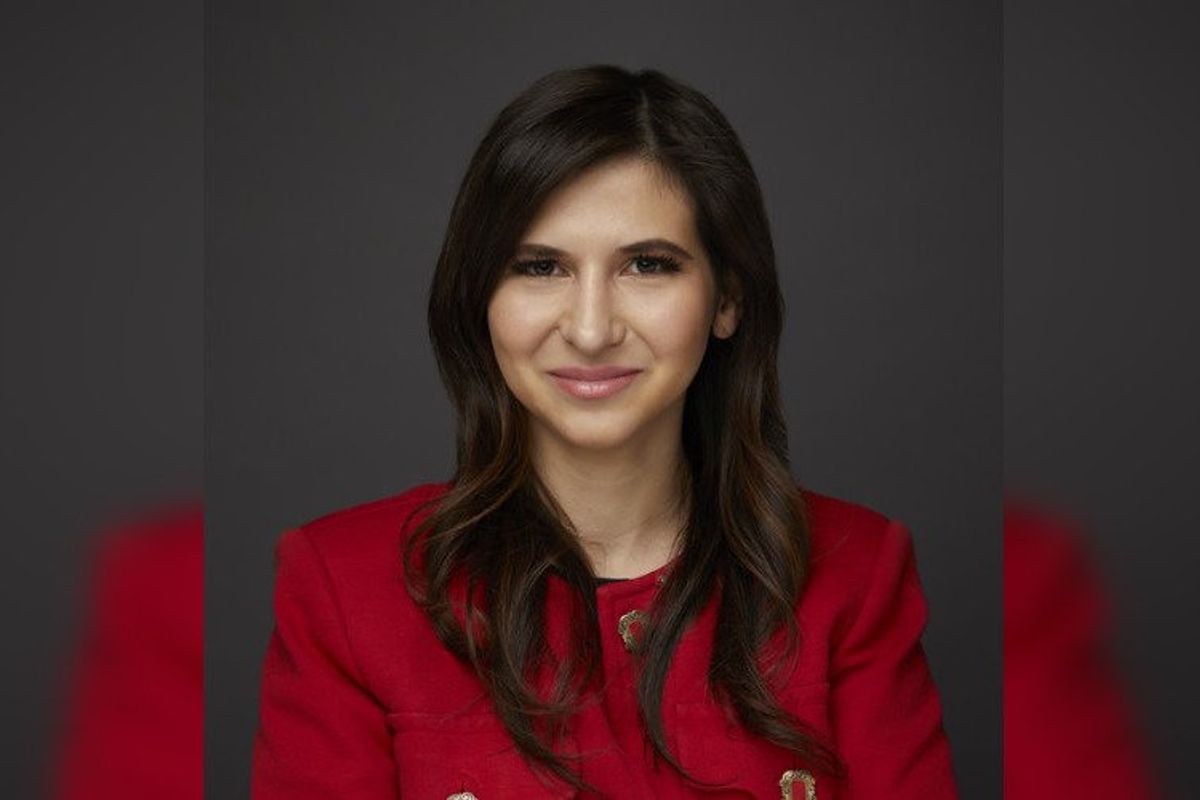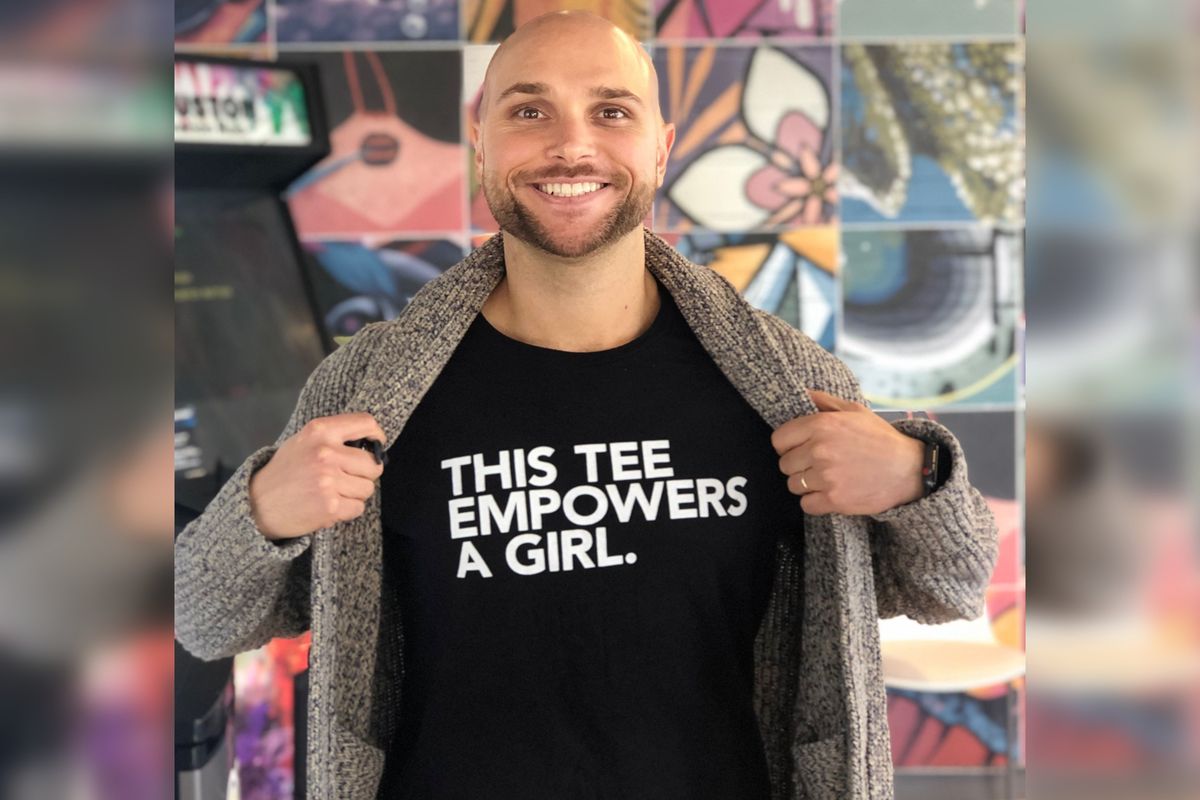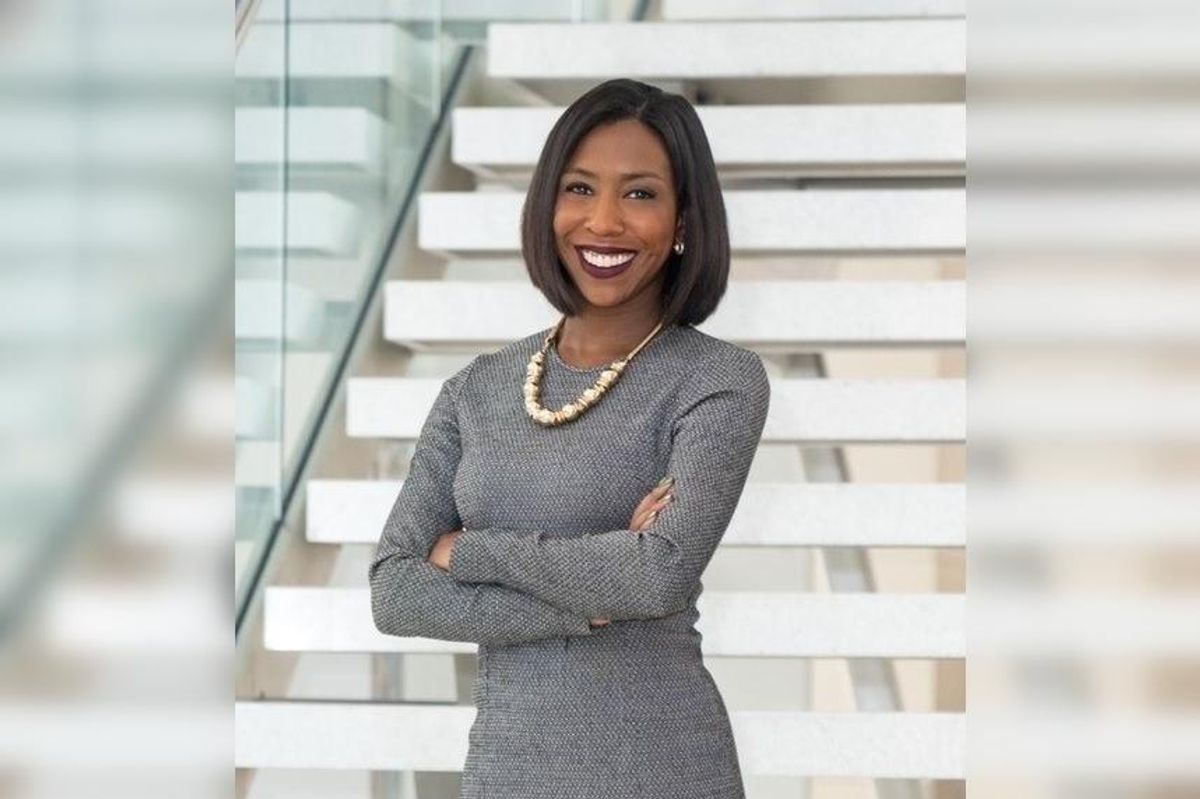Editor's note: Welcome to another Monday edition of Innovators to Know. Today I'm introducing you to three Houstonians to read up about — three individuals behind recent innovation and startup news stories in Houston as reported by InnovationMap. Learn more about them and their recent news below by clicking on each article.
Aziz Gilani, managing director at Mercury

Aziz Gilani, managing director at Mercury, joins the Houston Innovators Podcast. Photo via LinkedIn
Aziz Gilani's career in tech dates back to when he'd ride his bike from Clear Lake High School to a local tech organization that was digitizing manuals from mission control. After years working on every side of the equation of software technology, he's in the driver's seat at a local venture capital firm deploying funding into innovative software businesses.
As managing director at Mercury, the firm he's been at since 2008, Gilani looks for promising startups within the software-as-a-service space — everything from cloud computing and data science and beyond.
"Once a year at Mercury, we sit down with our partners and talk about the next investment cycle and the focuses we have for what makes companies stand out," Gilani says on the Houston Innovators Podcast. "The current software investment cycle is very focused on companies that have truly achieved product-market fit and are showing large customer adoption." Read more.
Yaxin Wang, director of the Texas Heart Institute's Innovative Device & Engineering Applications Lab

The project is funded by a four-year, $7.8 million grant. THI will use about $2.94 million of that to fund its part of the research. Photo via texasheart.org
The United States Department of Defense has awarded a grant that will allow the Texas Heart Institute and Rice University to continue to break ground on a novel left ventricular assist device (LVAD) that could be an alternative to current devices that prevent heart transplantation and are a long-term option in end-stage heart failure.
The grant is part of the DOD’s Congressionally Directed Medical Research Programs (CDMRP). It was awarded to Georgia Institute of Technology, one of four collaborators on the project that will be designed and evaluated by the co-investigator Yaxin Wang. Wang is part of O.H. “Bud” Frazier’s team at Texas Heart Institute, where she is director of Innovative Device & Engineering Applications Lab. The other institution working on the new LVAD is North Carolina State University.
The project is funded by a four-year, $7.8 million grant. THI will use about $2.94 million of that to fund its part of the research. As Wang explained to us last year, an LVAD is a minimally invasive device that mechanically pumps a person’s own heart. Frazier claims to have performed more than 900 LVAD implantations, but the devices are far from perfect. Read more.
Atul Varadhachary, managing director of Fannin Innovation

Atul Varadhachary also serves as CEO and president of Allterum Therapeutics. Photo via LinkedIn
Allterum Therapeutics, a Houston biopharmaceutical company, has been awarded a $12 million product development grant from the Cancer Prevention and Research Institute of Texas (CPRIT).
The funds will support the clinical evaluation of a therapeutic antibody that targets acute lymphoblastic leukemia (ALL), one of the most common childhood cancers.
However, CEO and President Atul Varadhachary, who's also the managing director of Fannin Innovation, tells InnovationMap, “Our mission has grown much beyond ALL.” Read more.

